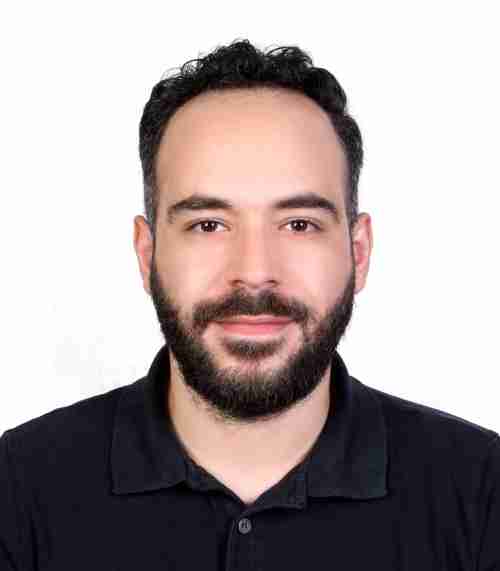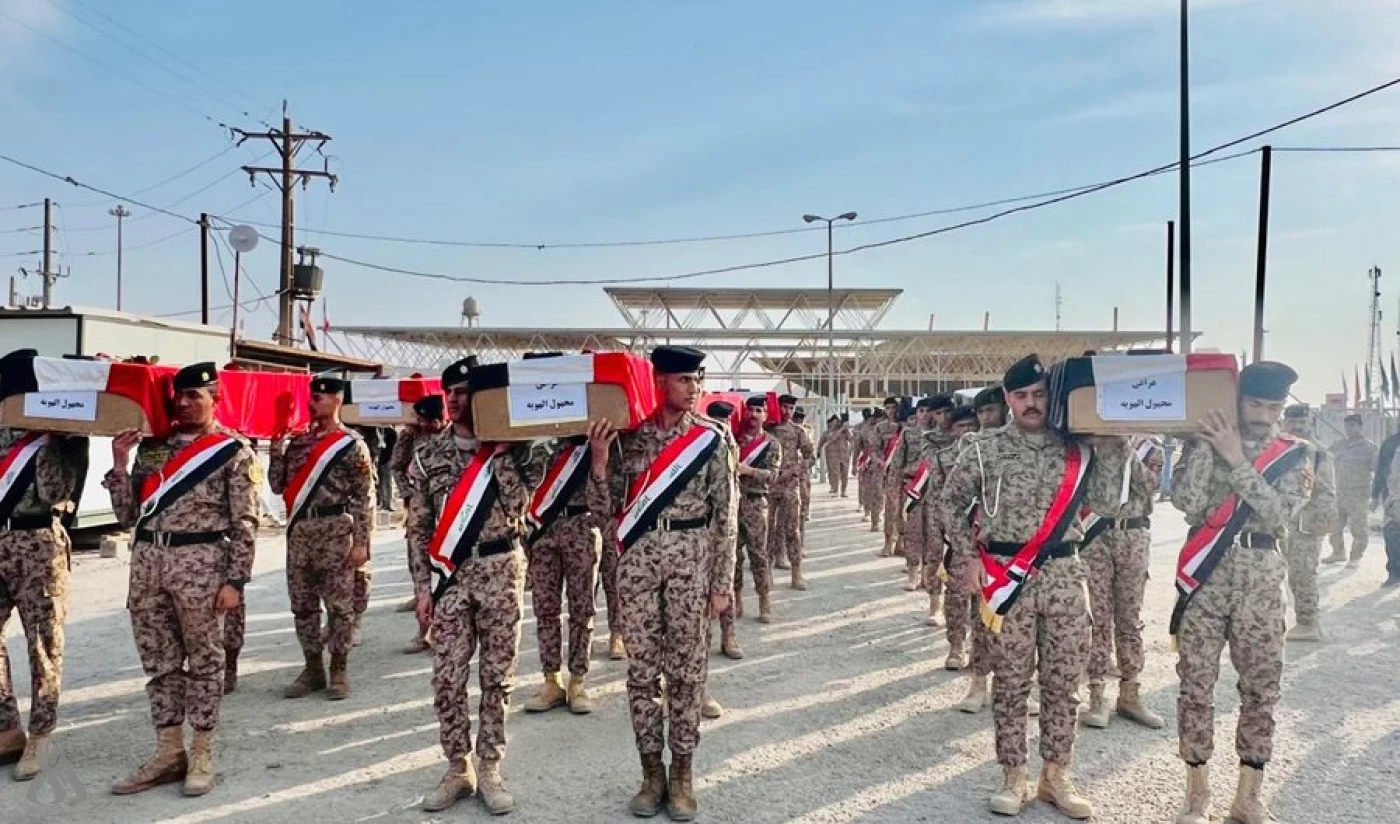DUBAI, UAE - Iraq’s Ministry of Defense said Thursday it has reached the final stages in the process of exchanging remains of dead soldiers from the 1980s war with Iran, adding that many bodies have been identified through documents and DNA tests, while others are still being checked.
The ministry has previously announced at different times that it has received remains of Iraqi soldiers from the eight-year war. Most of the remains undergo medical tests to identify them before they are handed over to families.
Tahseen al-Khafaji, director of media and moral guidance at the ministry, told state media that there are still missing persons from the war despite the conflict ending nearly four decades ago.
“When the remains of a missing person return and the truth is confirmed, it is a way of honoring their family,” Khafaji said. “It is both a moral responsibility of the state and the ministry to which the missing person belonged, and at the same time a form of care for the families, giving them peace of mind.”
He explained that families need official proof of their relative’s death for inheritance rights and other important legal matters.
Identification is usually carried out by human rights organizations, the International Committee of the Red Cross, and government agencies, along with DNA testing to match remains to families.
According to Khafaji, many of the remains are found with personal documents. For unidentified cases, DNA testing is used. The exchange of remains with Iran is managed by specialized committees that determine the timing of transfers.
“These committees are doing significant work and have reached the final stages,” he said, adding that there is no specific number for how many Iraqi remains have been recovered so far.
Exchanges have been made through the Red Cross and representatives from the Iraqi Ministry of Defense.
He also stressed that Iraq is a member of the Geneva Convention, which urges both sides to continue searching for missing soldiers until results can be delivered to their families.
Earlier this week, a security source in Basra said Iraq and Iran exchanged the remains of 118 soldiers, 70 Iraqis and 48 Iranians, killed in the war, at the Shalamcheh border crossing.



 Facebook
Facebook
 LinkedIn
LinkedIn
 Telegram
Telegram
 X
X


